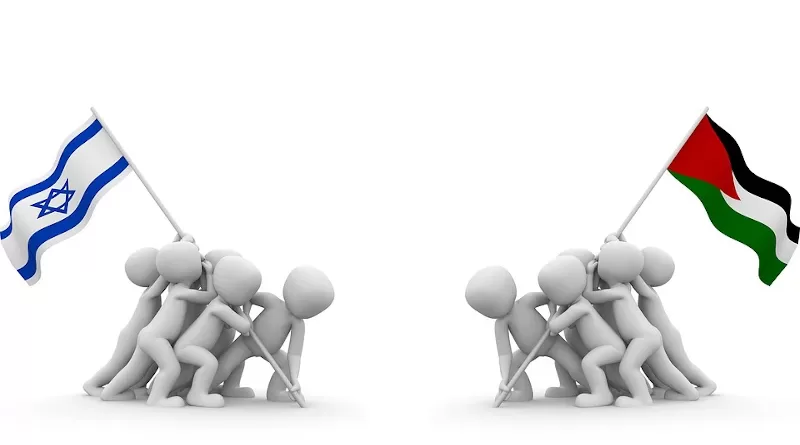Palestine: Beyond The Occupation – OpEd
By MIFTAH
By Melkam Lidet
When you say you are going to a country in the Middle East, especially after the Arab Spring, people give you a look. If you say you are going to Israel/Palestine, then wow: you must be crazy! For most people, the Middle East is associated with desert, conflict, political strife, suppression of women and of course terrorism. This is also what’s reinforced in the media. Being located in the region, Palestine is seen no differently if not as the embodiment of all of these things.
To a certain extent, ugly politics and desert was what I used to think of Israel/Palestine. I never bought the “Arabs are terrorists” stereotype. Neither did I see Israel as the sole victim and Palestine as the aggressor in the conflict. To the contrary, I was aware of the injustices, discrimination and human rights violations Palestinians faced on a daily basis as a result of the occupation. I also knew of the double standards with which the international community especially the United States dealt with the conflict.
But coming to Palestine and witnessing firsthand the structural violence targeted at Palestinians and the challenges they face on a daily basis has been a different experience; structural violence in the form of obscured and unjust policies legalized as part of the Israeli military occupation. For example, a Palestinian can be imprisoned without trial under the pretext of “ administrative detention”; or people who have a West Bank “green ID” cannot go into east Jerusalem to pray, see family and friends, or for other business because they do not have a permit even though east Jerusalem is occupied West Bank territory captured in the 1967 war; or the fact that the separation wall is built on Palestinian territory (going beyond the 1948 Armistice “Green Line”) and has divided communities from their lands or from each other; or that there are illegal Israeli settlements inhabited by ideological settlers who think it’s their ultimate divine right to be on Palestinian land and engage in attacking Palestinians or encroaching on their land. And the list goes on.
Anyhow, the point of this account is not to talk about the structural violence perpetrated by the Israeli occupation. It’s to talk about how despite the political situation which often affects the social and other aspects of life, the strength of Palestinians trumps as life goes on in Palestine.
Just like any normal, vibrant, society there are markets, schools, universities and roads bustling with cars and people. People, laugh, sing, dance, work, learn, buy and sell, get married and have children. There’s a beautiful culture of loving the family, welcoming guests and eating healthy (yes the food is yummy and even the fast foods are relatively healthy). There’s variety in the fruits, vegetables, street foods, bread and spices. It all comes in abundance too. If you are a tea or coffee fan, this is the place for you. Not only can you drink coffee and tea multiple times a day, but you can also get it with different spices. If you’re not a fan, after living here for a while – trust me you will be.
So yes –Palestine is a very safe place to be. No, I haven’t heard any grenades being fired; only fireworks for weddings and other festivities. Very far from the “war zone” or ”breeding ground of terrorism” image the media often portrays, Palestine is somewhere you can sleep well at night. Therefore, as we try to inform ourselves on the Israeli/Palestinian conflict and even stand in solidarity with Palestinians, it’s crucial to think of Palestine as more than just an occupied territory. Let’s not forget that it’s a homeland for 4.4 million people who live with strength by resisting the occupation and refusing to be crippled by its structures set to limit and oppress them. It’s a beautiful place, with beautiful, hospitable people where everything in the life of a vibrant society is also evident here in Palestine.
Melkam Lidet is a Writer for the Media and Information Department at the Palestinian Initiative for the Promotion of Global Dialogue and Democracy (MIFTAH). She can be contacted at [email protected].

